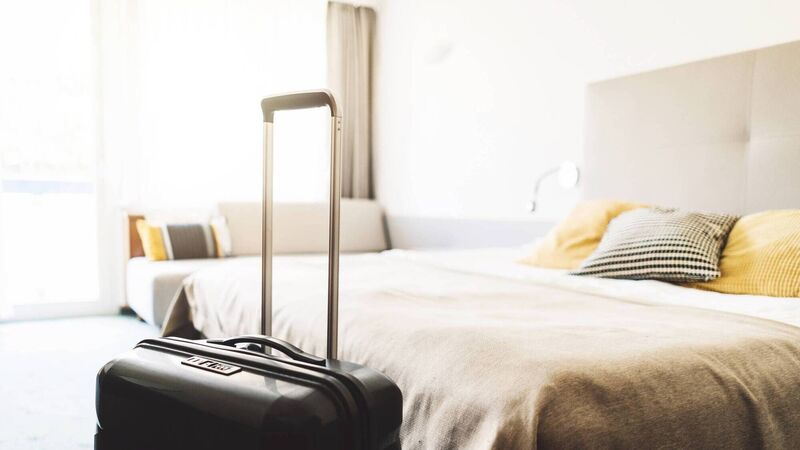'Significant increases' in cost of hotel rooms to continue next year, Fáilte Ireland warns

During the summer, high hotel room rates during busy events such as the GAA fixtures received widespread coverage in the media.
Fáilte Ireland has warned that "significant increases" in the cost of hotel rooms are set to continue well into 2023.
The warning comes as it was revealed that the head of the tourist body has written to providers, accusing them of causing reputational damage to the industry by charging sky-high prices for hotel rooms “to squeeze the last few euros” out of consumers.










